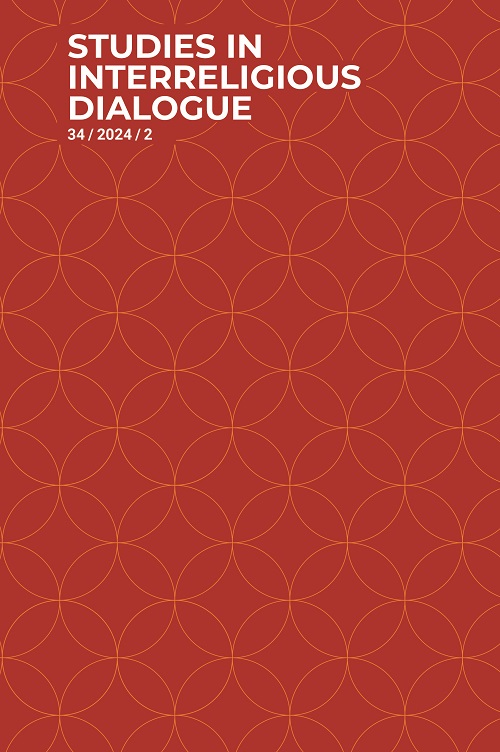next article in this issue  |

|
Document Details : Title: Reflections on Zen and Ethics Author(s): VAN BRAGT, Jan Journal: Studies in Interreligious Dialogue Volume: 12 Issue: 2 Date: 2002 Pages: 133-147 DOI: 10.2143/SID.12.2.504425 Abstract : Quite a few years ago already the fast-growing Zen world in the United States was shocked by the news of scandal discovered in some U.S. Zen halls: sexual and financial abuses committed by Zen Masters. I have forgotten all the details already, but the facts confronted us all with an intruguing question, namely: How is it possible that Zen Masters (rôshis) -people who are supposed to be enlightened- commit such unethical, immoral acts? From the Zen world two rather contradictory answers were soon heard. One, (the answer explicitly voiced by Abe Masao) was that 'A Zen Master who commits such acts proves thereby that he is not enlightened.' The presupposition here seems to be that transcendental wisdom is intrinsically linked to morality and directs the subject to lead a highly ethical life as a matter of course. The problem with this, however, is that the system of confirming the enlightenment of the disciple by the master (inka) is cast into doubt. |
|
